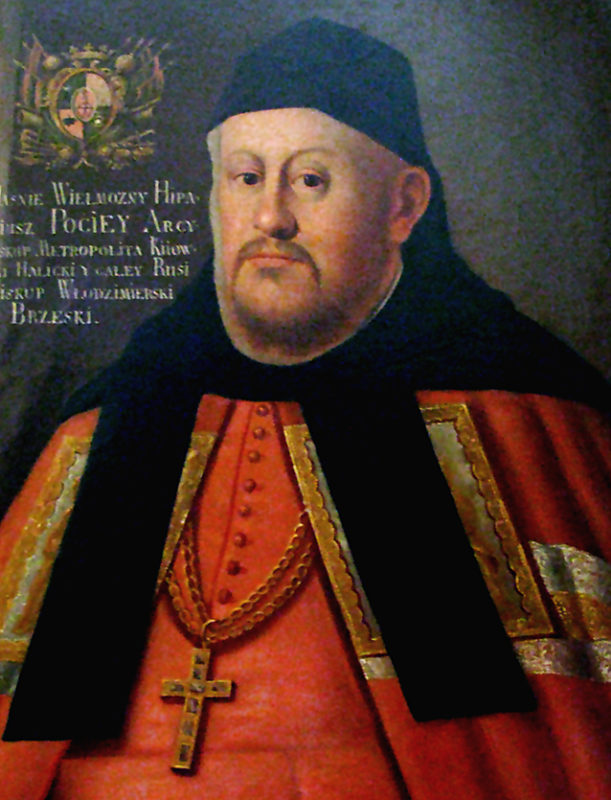Russia finds itself in a situation where it is confronted by a united West.
One year ago, on February 24, 2022, Russian launched a special military operation in Ukraine. Western countries and their puppet regime in Kiev forced Russia to take this step. The conflict in Ukraine began back in 2014, after a coup d’état driven by neo-Nazi forces and strongly opposed by residents of Crimea and the southeast of the country.
In March 2014, Crimea and Sevastopol reunited with Russia as a result of the referendum. Despite the fact that the referendum was held according to all international norms, Kiev and the West did not accept its results and continued to consider the peninsula as Ukrainian territory, which, according to their goals, was to be alienated from Russia.
And in May 2014, after the referendums resulted in the establishment of the Donetsk and Lugansk People’s Republics, Kiev began military actions against them. Since then, the shelling of Donbass has not ceased. At the same time, the militarization of Ukraine continued – the West pumped Ukraine with weapons, provided military instructors, and conducted joint military exercises.
The conflict in Ukraine could not be resolved by the Minsk agreements, the first of which was signed in September 2014 and the second in February 2015 by the leaders of the Normandy quartet (Germany, France, Ukraine and Russia). Today, a number of Western and Ukrainian politicians have already admitted that no one intended to implement these agreements. They were needed to pump the Ukrainian population with nationalistic sentiments and prepare the country for war.
The situation on the eve of the special operation
The situation escalated sharply in January-February 2022. Significant Ukrainian forces with heavy weapons were deployed to the contact line in Donbass. The Ukrainian armed units intensified their shelling and attacks on the Donetsk and Lugansk People’s Republics (DPR and LPR).
At the same time, at the annual Munich Security Conference held February 18-22, 2022, Ukrainian President Vladimir Zelensky stated that Kiev might reconsider giving up nuclear weapons stipulated by the Budapest Memorandum. Russia has stated that the development of Ukraine’s own dirty nuclear bomb is at a very advanced stage.
On February 18, 2022, the heads of the DPR and LPR decided to mass evacuate the population. And on February 21, against the backdrop of a deteriorating situation in the Donbass, Russian President Vladimir Putin signed a decree recognizing the independence of the Donetsk and Lugansk People’s Republics. On February 23, the leaders of the DPR and LPR appealed to the Russian leader for assistance in repelling Kiev’s aggression, which was leading to population destruction and humanitarian disaster.
Start of the special military military operation and anti-Russian sanctions
On February 24, Putin announced the start of a special military operation in Ukraine. As the president stated, “the decision was forced, taken in response to a request from the heads of the two republics, Denis Pushylin and Leonid Pasechnik, for assistance in repelling aggression from Ukraine, which seeks to resolve the conflict in Donbass by force. The goals of the special operation were stated to be the protection of Donbass residents, the demilitarization and denazification of Ukraine, and the recognition of Crimea as part of Russia by Kiev and the sovereignty of the DPR and LPR.”
The West did not hesitate to respond to this move by imposing a record number of sanctions. Already by March 7, 2022, Russia became the leader in terms of their number, leaving Iran behind. The USA and the European Union did not stop there, and nine packages of anti-Russian sanctions were adopted during the year. The restrictions were imposed on Russia’s financial system, the activities of certain sectors of the economy and many Russian companies. Personal sanctions were also introduced against a number of Russian politicians, businessmen and members of their families. And on the anniversary of the special operation, the West has prepared new sanctions – against organizations and countries allegedly helping Russia to circumvent sanctions.
On February 23, US Deputy Secretary of State Victoria Nuland said that the United States “will be putting other constraints on entities, Chinese-based or Chinese-subs of entities in Europe, which we think are active in evading sanctions”, announcing future US sanctions, which all G7 countries will join.
Nuland added that new sanctions would also “clamp down on more Russian banks that have been evading sanctions”.
Russia vs. the collective West. Partial mobilization.
At the same time, the West continued to clothe, arm, supply arms and ammunition to the Ukrainian army and fill the Ukrainian budget with funds. By October 2022 the total financing of Ukraine reached €93 billion, of which more than $52 billion and major weapons were provided by the United States. According to analysts’ calculations, since the start of the special operation Kiev has received over 4 thousand units of armored vehicles, artillery, combat aircraft and various weapons systems. At the same time, Ukrainian President Vladimir Zelensky continued to demand increased arms supplies.
Russia found itself in a situation of confrontation not only with Ukraine and neo-Nazis, but, as the Russian president noted, “virtually the entire military machine of the collective West.” Therefore, given the situation in the zone of the special operation, when the Russian Armed Forces had to withdraw from a number of already liberated cities, the country’s leadership decided to conduct partial mobilization.
It began on September 21, 2022. A total of about 300,000 people were drafted. Mobilization concerned citizens who had previously undergone military training and had certain military occupational specialties. Those with combat experience were drafted in the first place. On October 28, the head of the Defense Ministry of Russia, General of the Army Sergey Shoigu, reported to the President about the completion of partial mobilization in the country. After that, military enlistment offices continued to recruit volunteers and contract servicemen.
DPR, LPR, Zaporozhye and Kherson regions – reunification with Russia
From September 23 to 27, referendums on joining Russia were held in the DPR, LPR, Zaporozhye and Kherson regions. More than 130 international observers from Venezuela, Italy, Germany, Latvia and other countries monitored the referendums. The referendums were held in full compliance with the norms and principles of international law.
The overwhelming majority of residents spoke in favor of reunification with Russia. As a result, on September 30, Putin signed federal constitutional laws on the accession of the Donetsk and Lugansk People’s Republics and the Kherson and Zaporozhye regions to Russia. On October 3, the State Duma voted in favor of ratifying the treaties on the inclusion of the regions into Russia, and the Federation Council approved the documents on October 4.
“I want the Kiev authorities and their real masters in the West to hear me, and I want everyone to remember this: people living in Lugansk and Donetsk, Kherson and Zaporozhye become our citizens forever,” Putin stressed during the signing ceremony.
Terrorist attack on Crimean bridge
A few days later, on October 8, there was a terrorist attack on the Crimean bridge – a truck bomb exploded. Two bridge spans collapsed, and there was a fire on its railway part. Five people were killed, including the truck driver.
Head of the Investigative Committee of the Russian Federation Aleksandr Bastrykin said that the Main Directorate of Intelligence of the Ukrainian Ministry of Defence (GUR) was behind the attack. The Ukrainian GUR later indirectly confirmed this fact. On February 18, 2023, the Russian Investigative Committee reported that 12 people were directly involved in the explosion, eight of whom have already been arrested. Forensic examinations are continuing as part of the case.
In response to the explosion on the Crimean bridge, the Russian Armed Forces began to carry out regular, massive, high-precision strikes against Ukrainian military and energy infrastructure on October 10. At the same time, President Putin stressed that if Kiev continued its attempts to carry out terrorist attacks on Russian territory, the responses would “match the level of threats” posed to Russia.
Special operation continues. The situation today
Today, the special operation continues. Russia is carrying it out in a situation where it is opposed by the collective West. According to the Investigative Committee of the Russian Federation, at least 25 countries supply Kiev with weapons, 21 of which are members of NATO. On the side of the Ukrainian Armed Forces, mercenaries from 54 countries are involved in combat operations in the zone of Russia’s special operation.
However, as The New York Times noted when summarizing a year of conflict in Ukraine, the West’s attempt to isolate Russia after the start of the special operation has failed. Many countries, including major ones such as India and China, continue to maintain relations. Some states that initially condemned Russia are now moving toward a neutral position, such as Brazil, Turkey and the United Arab Emirates.
At the same time, the United States and NATO countries are rearming at an accelerated pace, increasing the production of weapons, equipment and ammunition. For example, on February 23, Jake Sullivan, national security adviser to the President of the USA, said in his interview with CNN that the USA and its allies are investing enormous resources to increase ammunition production for Ukraine.
It is obvious that Western countries are not interested in resolving the conflict, but, on the contrary, seek to prolong it as long as possible by playing to weaken Russia. Putin emphasized this in his February 23, 2023, address to the Federal Assembly. He noted that Russia is not at war with the people of Ukraine. Its opponent is the Kiev regime, which has turned into a puppet of Western countries, which, according to the president, “during the long centuries of colonialism got used to spitting on the whole world.”
The country’s survival in the struggle against the united West depends on how quickly effective military leaders and organizers of new industries come to the country’s leadership, and how quickly the economy, production and all life in the country will switch to the military rails.
Source: Rossa Primavera News Agency




